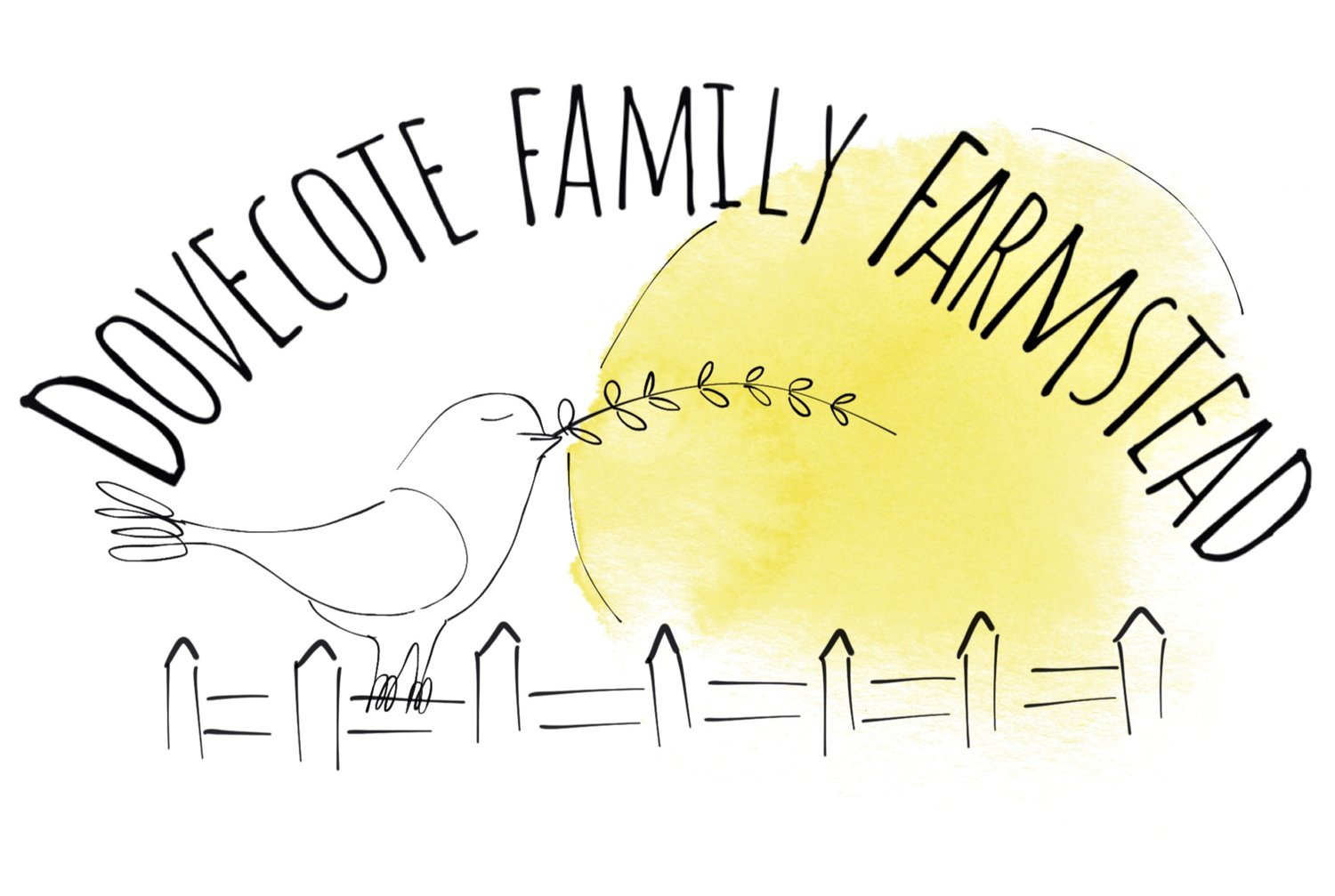Composting, let’s talk some more
An example of the finished product.
Ok, so we have talked about the basics on how to compost in the post I wrote titled Composting 101. Now let's talk some more on how extensive the list is on what all can be composted. We know that we want to keep our pile at around 75% brown material and 25% green material, but you may be surprised at just how much stuff can be composted instead of thrown away. Here's a list to help get you started.
Brown materials, also known as carbon materials include:
Fall leaves
Dried Pine needles
Twigs, chipped tree branches/bark
Straw or hay
Sawdust
Corn stalks
Paper (newspaper, writing/printing paper, paper plates and napkins, coffee filters)
Feathers
Dryer lint
Hair, fur (yes, even from humans as long as it isn't dyed)
Cotton fabric
Corrugated cardboard (without any waxy/slick paper coatings)
Dry, dead plants from last season's garden
Green materials, also known as nitrogen materials include:
Grass clippings
Coffee grounds/tea bags
Vegetable and fruit scraps
Fresh tree/shrub trimmings
Any fresh material from pruning indoor/outdoor plants
Annual weeds that haven't gone to seed yet
Eggshells
Animal manures (cow, horse, sheep, chicken, rabbit, etc. No dog or cat manure.)
Seaweed
Any produce that has gone bad in your fridge
The pulp from juicing your fruits and veggies
Garden waste from dead plants, bug damage etc.
Random things that are less often thought of to compost could include expired vitamins, spoiled fruit juices, dried blood (from animals you may have processed and dehydrated) and even menstrual blood and products (gross, but true).
Some things you want to avoid putting into the compost include:
The pits (seed) from things such as avocado, peaches, plums etc.
Any meat
Animal fats, oils, butters
Bread or grains in anything more than minimal quantities
Weeds that have gone to seed
Anything you have used that has cleaning chemicals or any other chemical on them, such as paper towels, rags
Anything plastic, glass, metal or rubber
Manure from cats, dogs or any other carnivorous animal
Anything with adhesives on it
I’m sure there is more that can be added to the list of what can be composted, but now you have a head start on many day to day items that you can compost instead of throw away. In this case, someone’s trash truly can become treasure since compost is black gold to a gardener!
Happy composting!

